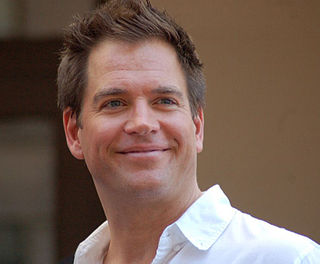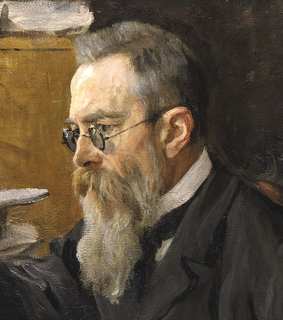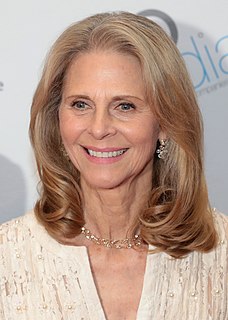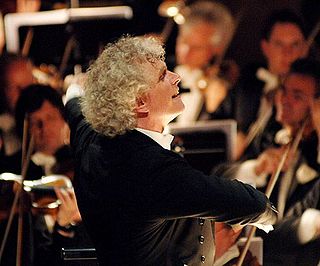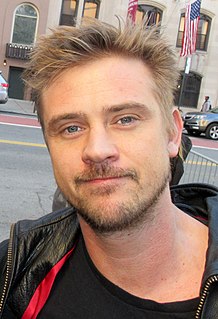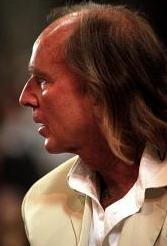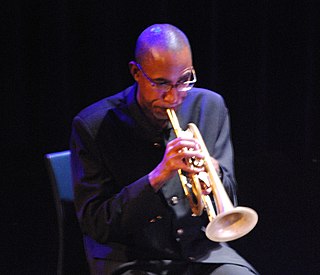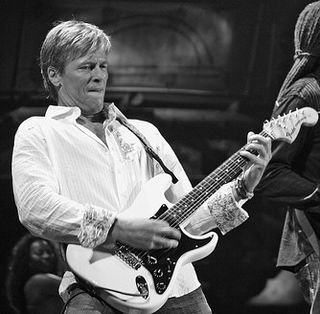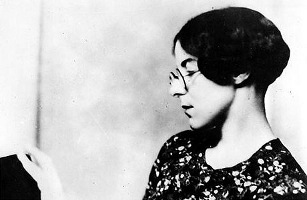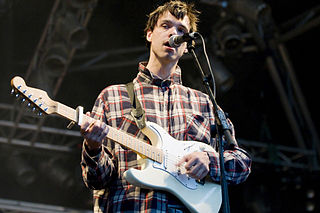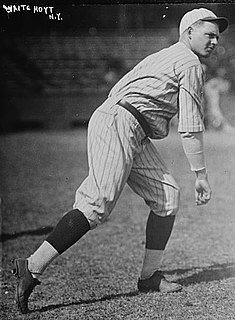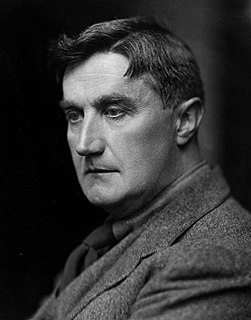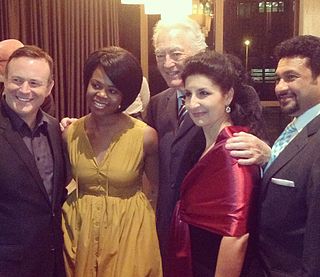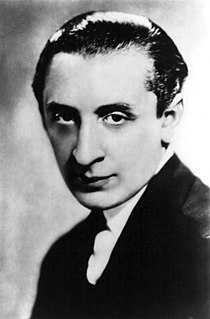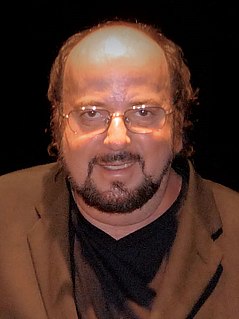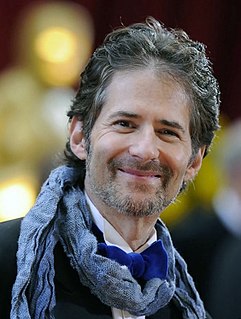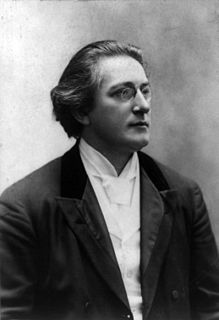Top 135 Wagner Quotes & Sayings - Page 2
Explore popular Wagner quotes.
Last updated on April 14, 2025.
Sometimes I have the feeling that you are not quite aware--and this honors you--of the historical greatness of your position, that you think too modestly about yourself. Everything you do is destined to be of historic significance. One day, your letters, your decisions, will belong to all mankind, like those of Wagner and Brahms.
I don't know if you've ever seen this film called Elite Squad, which, actually Wagner [Moura] is the one narrating that. José Padilha, one of creators of our show, that's where the style comes from. It has a heavy narrator. But I thought about it a lot. You [the viewers] have to work for the show, unless you're bilingual. It's a really aggressive type of filming, it's engaging, you've got to read.
The first typical adolescent of modern times was Wagner's Siegfried. : the music of Siegfried expressed for the first time that combination of (provisional) purity, physical strength, naturism, spontaneity and joie de vivre which was to make the adolescent the hero of our twentieth century, the century of adolescence.
As any opera fan knows, lawyers and judges do not fare well in most operas. Just consider the productions of 'Andrea Chenier,' 'Aida, Norma,' 'Billy Budd,' 'Peter Grimes,' 'The Crucible,' 'Lost in the Stars,' 'The Marriage of Figaro,' 'The Makropulos Case' and Wagner's 'Ring' cycle. Around 1810, the theme of justice emerged in opera.
What stands most explicitly as critique in Nietzsche's late work in not a development from earlier interests but a return to two problems of enduring personal involvement for him, those of Wagner and of Christianity. Der Antichrist , to take one case, is not a response to a resuscitating public interest in Christian religion; it is primarily a renewed attempt to resolve for himself the question of piety.
What a wonderful work Wagner has done for humanity in translating the toil of life into the readable script of music! For those who seek the tale of other worlds his magic is silent; but earth-travail under his wand becomes instinct with rhythmic song to an accompaniment of the elements, and the blare and crash of the bottomless pit itself.
